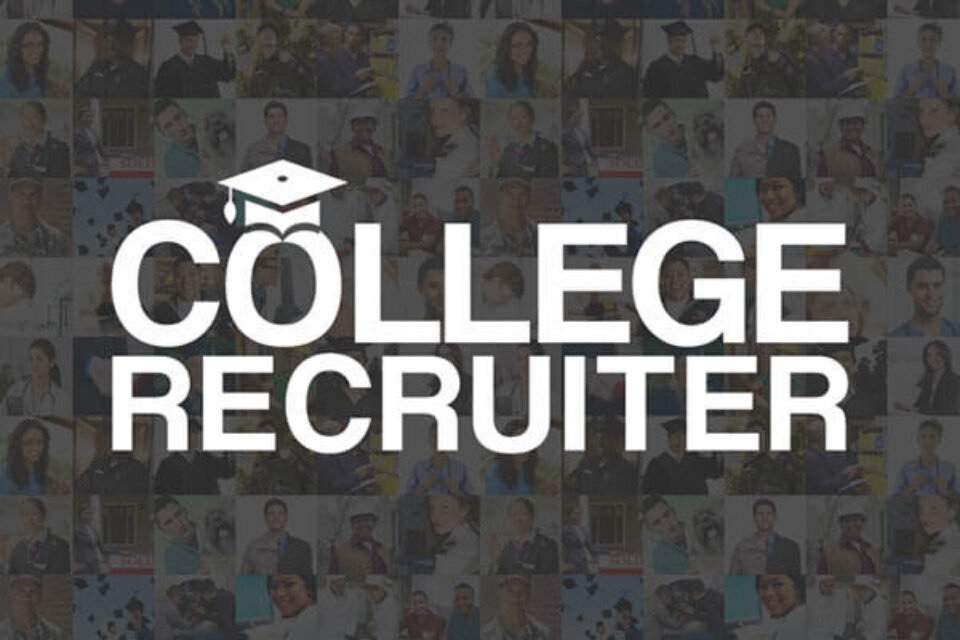
Wanted: Soft Skills that Set You Apart and Make You a Valuable Employee was originally published on College Recruiter.
Congratulations!
After years of hard work, you’ve graduated and now feel confident that your
education has given you the technical skills you’ll need to get the job you
want. That’s great. But, lots of other graduates possess the same degree and
meet the technical job requirements, so what will set you apart? What are the
skills employers want?
According to a 2019 Cengage survey of hiring managers and human resources professionals, employers want college graduates who have “soft skills” as well as technical expertise. What’s more, they’re having difficulty finding candidates who possess these soft skills. Specifically, the skills employers want include:
1.The ability to listen. The most in-demand skill was the ability to listen; 74% of employers said this was a talent they valued. It doesn’t sound hard to do, but research shows that a whopping 90% of people are not good listeners! We spend far too much time practicing the art of talking and not enough time learning to really listen. Good listeners can discern the hidden meaning vs. the literal meaning. For instance, a lot of communication lies in the tone, emotional cues and body language of the speaker. To be an effective listener, you must, as they say, “read between the lines.” Listen for the tone of voice and pick up on non-verbal cues, which involves your full attention. Effective listeners also gain understanding vs. simply getting an answer to a question. Many people stop listening after they think they’ve gotten the answer they want but fail to truly understand the full meaning. Again, this requires attentiveness and, in some cases, asking for clarification or more information. Other attributes of a good listener are letting the speaker finish without interrupting, waiting for the speaker to finish before formulating a reply in your mind and listening with an open mind. There is a key difference between hearing and actually listening.
2. Good communication skills. This goes hand in hand with listening. Most problems in the workplace stem from poor communication, which is why employers place such a high value on this skill. In today’s digital age, this means solid writing and speaking skills, both in person and over the web with video conferencing and email. Clarity, grammar, spelling, enunciation and organization all play important roles in effective communication. You can begin demonstrating these skills with your cover letter and resume—and of course, during your interview.
3. Attention to detail. This is defined as “the ability to achieve thoroughness and accuracy when accomplishing a task.” Again, on the surface, this doesn’t sound that hard to achieve. However, being thorough and accurate involves planning, organization, and the ability to break down a big project into manageable steps. To demonstrate this skill, come to interviews prepared with examples of assignments or work that involved thoroughness and accuracy. (A word to the wise: If you have spelling or grammatical errors in your cover letter and/or resume, it shows that you are not paying attention to detail!).
4. Time management. No matter the industry, being efficient and meeting deadlines are important to a company’s overall performance. An employee who can manage multiple projects at a time, keep track of deadlines and use time resourcefully is a valuable asset and it allows managers to focus on more important tasks than micromanaging every employee! Start demonstrating this skill by showing up on time for interviews and then discuss projects that involved successful time management.
5. Critical thinking and problem solving. Every job comes with its own set of challenges and unexpected setbacks. How will you handle them? Companies want employees who can objectively examine information to determine the best way to solve problems. A valuable employee is one who can find creative solutions to problems and act, instead of being stymied by obstacles. Come to interviews prepared to provide examples of how you’ve successfully handled problems or implemented solutions.
While these five soft skills made the “most wanted” list, other important talents that employers are looking for include initiative, teamwork, emotional intelligence and digital literacy.
“There
is a need for more soft skills training, both in college and on the job, and
today’s learners and graduates must continue to hone their skills to stay
ahead,” said Michael Hansen, chief executive of Cengage.
Companies can train employees in technical skills, but soft skills are much harder to teach. Therefore, by demonstrating that you possess these sought-after skills from the first touchpoint in your job search to the final interview, you can grab an employer’s attention and set yourself apart.
Sources:
- “Survey: Employers Want ‘Soft Skills’ from Graduates,” by Jennifer Bauer-Wolf, Insidehighered.com, January 2019.
- “7 Skills Employers Look for Regardless of the Job,” by Ashley Brooks, Rasmussen.edu, October 2018.
- “90% of People are Poor Listeners. Are you the Remaining 10%?” by Rima Pundir, Lifehack, 2019.


